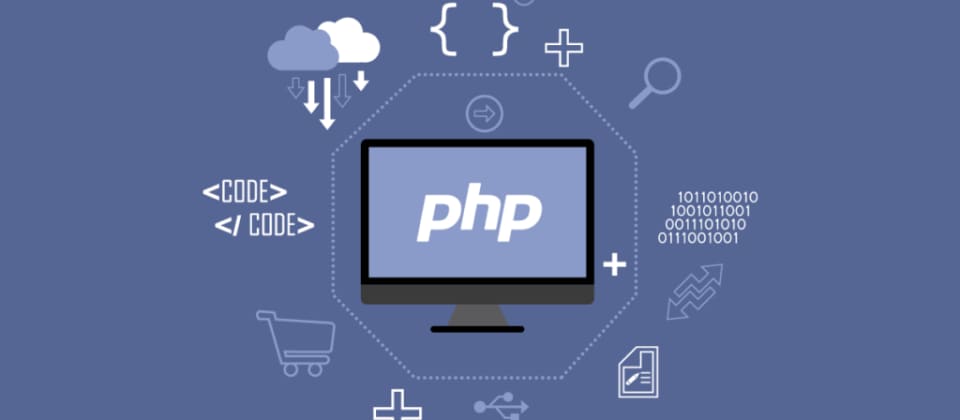
Understanding PHP: The Backbone of Dynamic Web Development
PHP, which stands for "Hypertext Preprocessor," is a powerful scripting language widely used for web development. Created by Rasmus Lerdorf in 1993, PHP has evolved significantly and is now a fundamental part of many web applications.
What is PHP?
PHP is a server-side scripting language designed for web development but also used as a general-purpose language. It is embedded within HTML code and executed on the server, generating dynamic content that is sent to the client’s browser.
Key Features of PHP
- Server-Side Scripting: PHP scripts run on the server, creating dynamic content that interacts with databases and manages sessions.
- Database Integration: PHP seamlessly connects with various databases, including MySQL, PostgreSQL, and SQLite, making it ideal for data-driven applications.
- Cross-Platform: PHP runs on various platforms, including Windows, Linux, and macOS, making it versatile and accessible.
- Open Source: PHP is open-source, which means it is free to use and has a large community contributing to its development.
Basic Syntax
Here’s a simple example of PHP code embedded in an HTML file:
<!DOCTYPE html>
<html>
<head>
<title>PHP Example</title>
</head>
<body>
<?php
echo "<h1>Hello, World!</h1>";
?>
</body>
</html>
In this example, the PHP code within <?php ... ?> is executed on the server, and the output is sent to the browser.
PHP and MySQL
PHP is often used in conjunction with MySQL to create dynamic web applications. Here’s a basic example of how PHP connects to a MySQL database:
<?php
$servername = "localhost";
$username = "root";
$password = "";
$dbname = "my_database";
// Create connection
$conn = new mysqli($servername, $username, $password, $dbname);
// Check connection
if ($conn->connect_error) {
die("Connection failed: " . $conn->connect_error);
}
echo "Connected successfully";
?>
Why Use PHP?
PHP's popularity stems from its ease of use, robust features, and extensive support. It powers many popular platforms like WordPress, Drupal, and Joomla, demonstrating its versatility and strength in managing content-driven websites.
Conclusion
PHP remains a cornerstone of web development due to its efficiency, flexibility, and widespread use. Whether you’re building a small website or a large web application, PHP provides the tools and capabilities needed to create dynamic and interactive experiences on the web.
Embrace PHP to enhance your web development skills and build powerful web solutions.
1 Reactions
1 Bookmarks
